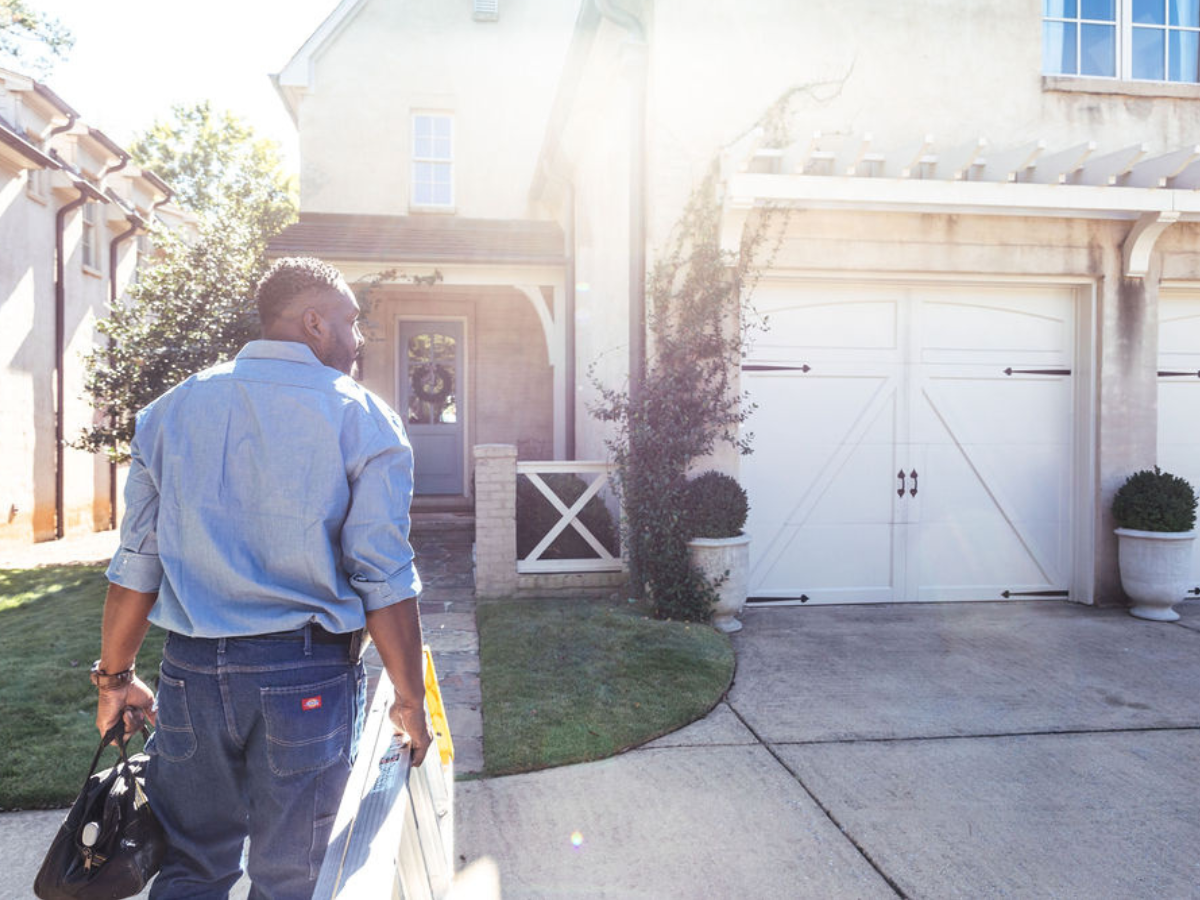As property owners in Memphis, landlords commonly fear the potential for property damage due to delayed or inadequate maintenance. The importance of timely and effective maintenance cannot be overstated, as it ensures the integrity and value of a property. In this article, we will explore the consequences of neglecting property maintenance and strategies for effective maintenance management.
Section 1: The Consequences of Neglecting Property Maintenance
When landlords fail to prioritize property maintenance, the consequences can be significant, resulting in increased costs, severe property damage, and safety hazards.
Immediate impacts of neglecting maintenance include the potential for small issues to escalate into major problems. A leaky roof, for example, can lead to water damage, mold growth, and compromised structural integrity. Such damages can result in hefty repair bills, putting a strain on the landlord's finances.
Neglecting property maintenance can have long-term effects on the property's value. A poorly maintained property is likely to depreciate over time, making it less desirable to potential tenants or buyers. Deferred maintenance can also lead to increased long-term expenses as the need for major repairs becomes unavoidable.
Failure to address maintenance issues in a timely manner can result in violations of housing codes and regulations, potentially leading to fines or legal action. In extreme cases, landlords could face lawsuits from tenants for negligence or breach of contract, further adding to their financial troubles.
The reputation of a landlord can suffer greatly if they are known for neglecting property maintenance. Word spreads quickly in the rental market, and a landlord with a history of poorly maintained properties may find it challenging to attract reliable tenants in the future. This can lead to increased vacancies, loss of rental income, and a tarnished professional image.
Section 2: Importance of Routine Maintenance
Implementing a routine preventive maintenance plan is crucial for landlords to avoid unnecessary damages and ensure the longevity of their properties.
Cost benefits emphasize the importance of routine maintenance. While some landlords may be reluctant to spend money on regular upkeep, the costs of major repairs resulting from neglect far outweigh the expenses associated with preventive maintenance.
Moreover, routine maintenance not only benefits the landlord but also enhances the living experience for tenants. Well-maintained properties contribute to tenant satisfaction and retention. When tenants see that their landlord prioritizes upkeep and addresses maintenance issues promptly, they are more likely to renew their lease and recommend the property to others.
Another aspect to consider is the impact of routine maintenance on property value. Properties that receive regular maintenance tend to retain their value better over time, which means that landlords can potentially command higher rental rates.
Section 3: Strategies for Effective Maintenance Management
An effective maintenance management strategy involves a systematic approach to property upkeep.
Regular inspections should be scheduled to occur at specific intervals. They should encompass various aspects of the property, ranging from the structural integrity to the functionality of appliances and systems, such as roofing, HVAC, plumbing, and electrical.
Maintaining a comprehensive maintenance checklist is another effective strategy. A checklist covering seasonal maintenance tasks can help guide landlords through necessary upkeep responsibilities. Regularly updating and referencing this checklist ensures that no critical maintenance tasks are overlooked or forgotten.
Section 4: Dealing with Unexpected Property Damage
Even with a proactive approach to maintenance, unexpected property damage can occur. To minimize the impact of such incidents, landlords should establish an immediate response plan to ensure swift action.
The first step is to assess and contain the damage to prevent it from spreading. Landlords should have a clear plan in place for responding to emergencies, including contacting the necessary professionals and authorities, such as plumbers, electricians, or the fire department.
Having a reliable network of professionals is invaluable during these situations. Building relationships with trusted contractors ensures that landlords have access to prompt and reliable assistance when unexpected damage occurs.
Section 5: Implementing a Maintenance Plan
Implementing a maintenance plan requires setting up a maintenance schedule and establishing effective communication with residents.
Creating a maintenance schedule involves detailing the critical areas of the property that require regular upkeep. This includes tasks such as annual HVAC system inspections, gutter cleaning, and landscaping. Having a comprehensive maintenance schedule ensures that all essential areas of the property receive the necessary attention.
Communication with residents is also crucial in implementing a maintenance plan. Landlords should educate tenants about their role in maintaining their living spaces and reporting issues promptly. Open lines of communication with residents foster a collaborative environment where both parties actively contribute to the upkeep of the property.
Section 6: Technological Tools for Maintenance Management
Advancements in technology have provided landlords with various tools to enhance maintenance management.
Maintenance management software is one such technology that simplifies the process. These software options allow landlords to track maintenance tasks, schedule repairs, and document associated expenses. They streamline processes, reduce errors, and save time.
The integration of technology into maintenance management offers several benefits. From mobile apps for streamlined tenant communication to smart home devices for remote monitoring, leveraging technology can improve efficiency and ensure a proactive approach to property maintenance.
Conclusion
In conclusion, addressing the fear of property damage due to delayed or inadequate maintenance is paramount for Memphis landlords. Neglecting routine maintenance can lead to immediate impacts as well as long-term effects, including property depreciation. Implementing a maintenance plan that encompasses regular inspections is crucial. Effective maintenance management ultimately ensures the integrity, value, and financial stability of the landlord's properties.
And don’t worry. If the above seems like all too much, you can always outsource maintenance and repairs to a professional property management company. Reach out to our local team today!


